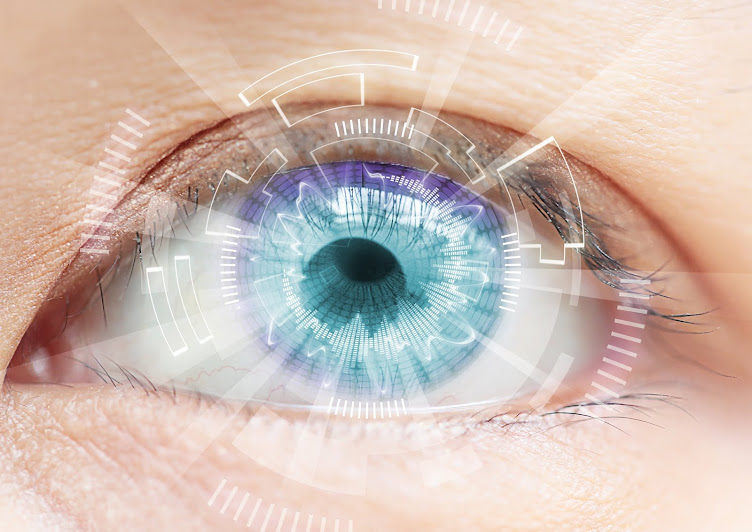Psychology Of Human Behavior: 5 Manuscripts - Psychology Of Money, Highly Sensitive Person, Mental Training, How To Talk To Anyone, Psychology Of Human Behavior: The Ultimate Guide To The Human
Learn How to Use the Power of Psychology to Change Your Life Forever
Ready to Unlock the Power of Your Subconscious?
For the first time ever, you can get 5 of the most influential books about how to change your behavior in a single bundle. If you have ever wanted to learn how to make significant changes in your life, you need this Psychology of Human Behavior collection.
This groundbreaking collection includes these 5 books:
The Psychology of Money
How to Talk to Anyone
Mental Training
The Highly Sensitive Person
The Psychology of Human Behavior
Each volume is filled with tips, tricks, and strategies you can use today to change your life. Whether you are looking to make more money, build your confidence, stop self-sabotaging behaviors, or develop greater mental toughness, you will find exactly what you need in these books.
The difference between you and the successful people you admire isn’t luck, wealth, or fame. The only difference is mental discipline. You already have everything you need to succeed in life—you just need to unlock your full potential.
These books will show you how to use the power of your mind to change your life.
Inside this collection, you will discover:
How your beliefs influence your thoughts and actions
The best ways to change your thoughts
How to end negative self-talk
How to develop greater financial intelligence
Simple strategies to increase your financial discipline
The secrets to changing your financial outcome and boosting your income
How to overcome your social anxiety
How to use to speak with confidence to anyone
Tactics for using conversations skills to build a successful life
The keys to building grit
How to develop habits of mental discipline
How to end self-sabotaging behaviors forever
How to succeed in a busy world as a highly sensitive person
Strategies for improving your emotional intelligen
Every one of the five books has the power to improve your life. Together, all five of these books will transform your life by expanding what you see as possible and giving you the tools to make your dreams your reality.
Stop living a life of quiet desperation.
You need the Psychology of Human Behavior collection.





















